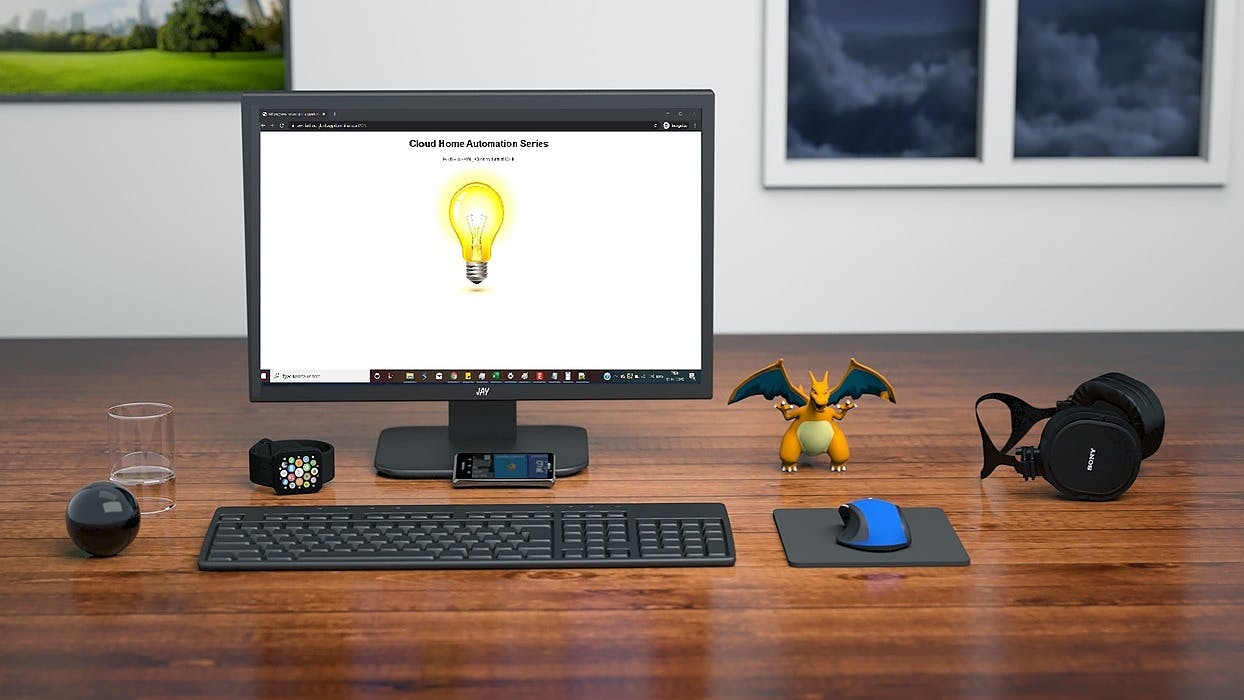1,762 reads
Cloud Home Automation Series Part 3 : Create web-client in Node-RED to control ESP32 from Web
by
March 4th, 2020
Tech Enthusiast and Clouder. AWS 6x & Azure 2x Certified. & I still watch One piece and spongebob
About Author
Tech Enthusiast and Clouder. AWS 6x & Azure 2x Certified. & I still watch One piece and spongebob
